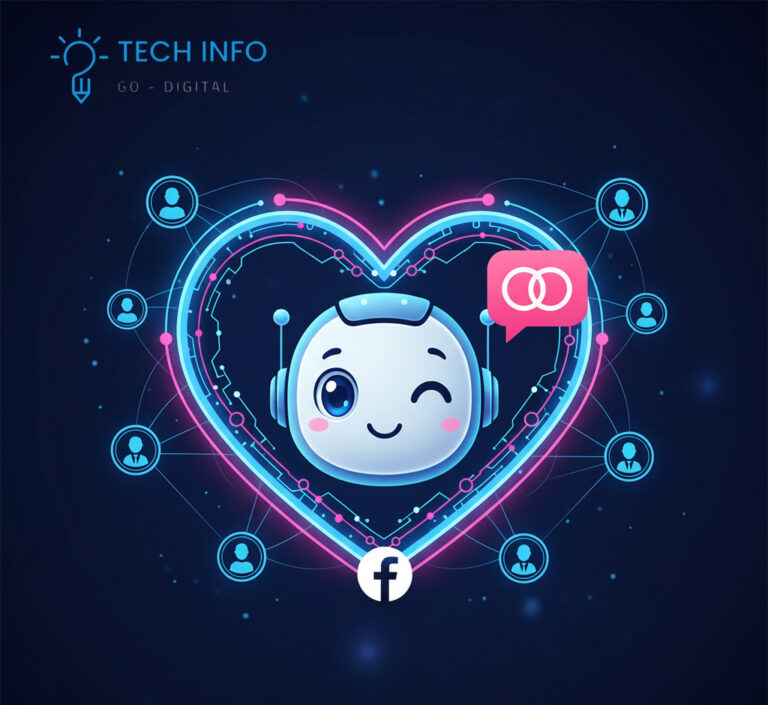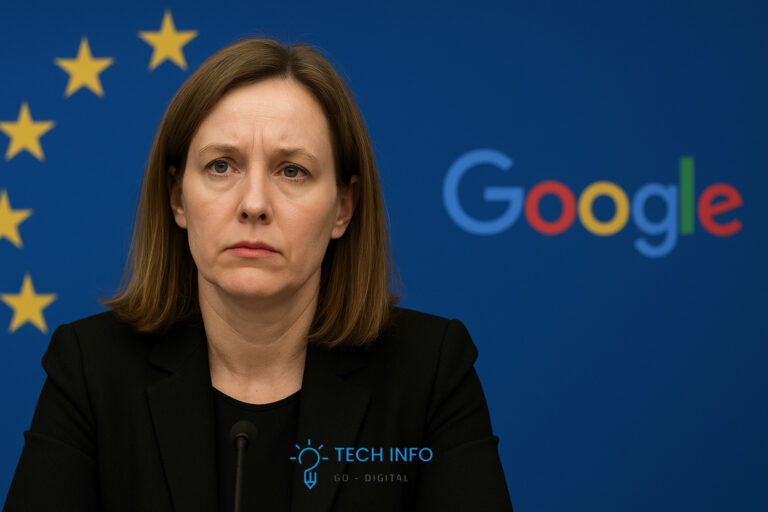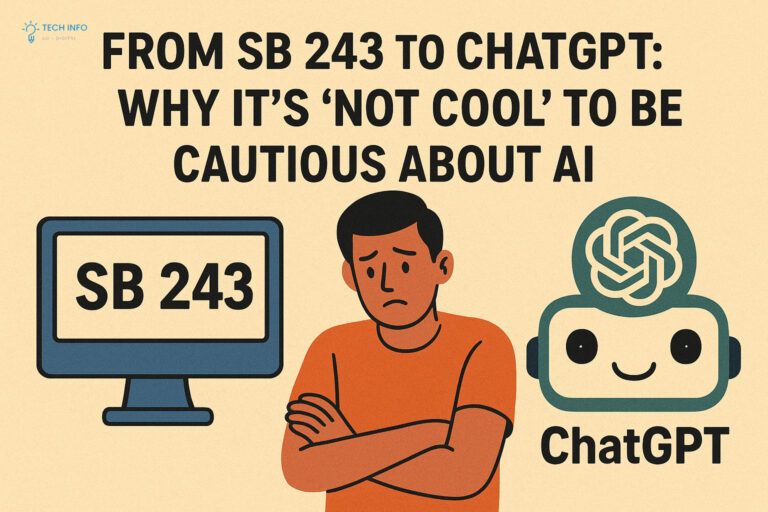
Table of Contents
ToggleFacebook Dating’s New AI Assistant: A Cure for Swipe Fatigue or Just Another Gimmick?

Tired of the endless, mind-numbing scroll? You’re not alone. A new wave of AI is hitting the dating scene, promising to do the hard work for you. But is it a true solution or just a digital placebo?
In an ambitious move to redefine digital romance, Meta announced the integration of an AI dating assistant into its Facebook Dating service. This new chatbot, alongside a feature called “Meet Cute,” is designed to tackle a pervasive problem in modern love: swipe fatigue.
As users grow tired of the superficial cycle of swiping, Meta is betting that artificial intelligence can foster more meaningful connections by doing the heavy lifting of matchmaking. But can a chatbot truly help you find love? Let’s dive into how it works and what it means for the future of dating.
The Problem: Why We’re All Suffering from Swipe Fatigue
Let’s face it: the traditional dating app model is broken for many. The rapid-fire, game-like swiping has led to a widespread feeling of burnout and disinterest—a phenomenon aptly named swipe fatigue.
It’s that sense of exhaustion after scrolling through a seemingly infinite carousel of profiles, leading to decreased engagement and, ironically, fewer genuine connections. As Neha Kumar, a product manager on Facebook Dating, put it, “People are really tired of swiping through hundreds of profiles to eventually get to a match and a date.”
This fatigue is a critical problem for dating platforms. To address it, Facebook Dating is introducing two key features aimed squarely at promoting quality over quantity.
The Solution: A Peek Inside Facebook Dating’s New AI Toolkit
So, how exactly does Meta plan to solve swipe fatigue? By making your phone your personal matchmaker.
1. Your Personal Dating Assistant
This isn’t one of Meta’s quirky, character-driven AIs. This is a practical, no-nonsense chatbot built using Meta’s powerful Llama models. Found in the Matches tab, its goal is to make finding a partner feel more like a conversation than a chore.
Instead of fiddling with generic filters for age, distance, and height, you can talk to the assistant using natural language. Think of it as telling a friend what you’re looking for. For example, you could type prompts like:
- “Find me someone in Brooklyn who works in tech and loves hiking.”
- “Find a marketing professional in New York City who is into indie films.”
- “Find me a guy who would go to EDM concerts with me.”
The assistant then scours potential matches based on the information people have shared on their profiles. It can even help you refine your own profile and suggest clever conversation starters to break the ice.
2. Meet Cute: The Weekly Surprise
For those who want to put the decision-making process entirely in the app’s hands, there’s “Meet Cute.” This feature provides users with one carefully selected, surprise match per week.
The idea is simple: each week, you receive a single match chosen by Facebook’s algorithm. If you’re intrigued, you can start a conversation. If not, you simply unmatch and wait for next week’s suggestion. It’s a deliberate shift from quantity to curated quality, and users can opt-out at any time.
The Bigger Picture: AI is Reshaping Online Dating
Meta’s move is far from an isolated experiment. It’s part of an industry-wide race to inject AI into the heart of digital romance. Here’s a quick look at how the competition is responding:
| Platform/Company | AI Initiative | Primary Goal |
|---|---|---|
| Facebook Dating | AI Dating Assistant, Meet Cute | Combat swipe fatigue, enable conversational matchmaking |
| Match Group (Tinder, Hinge) | Partnership with OpenAI; AI photo selectors, profile helpers | Improve profile quality, enhance matching accuracy |
| Bumble | Developing AI “concierges” | Automate initial compatibility screening before users connect |
This trend is driven by a need to improve user retention and offer a competitive edge. For Facebook Dating—which is free and lacks the paywalls of Tinder or Hinge—attracting a younger demographic is a key goal. The platform has reported promising growth, but the challenge remains immense compared to the scale of established giants.
The Bottom Line: Benefits and Lingering Questions
The potential benefits are clear:
- Efficiency: The AI assistant can save you hours of scrolling by zeroing in on compatible matches based on nuanced criteria.
- Reduced Overwhelm: Features like “Meet Cute” simplify the process, reducing the paradox of choice that leads to swipe fatigue.
- Deeper Connections: By focusing on shared interests and values beyond a single photo, AI could theoretically foster more meaningful conversations from the start.
However, big questions remain:
- Can AI Understand Chemistry? The most elusive element of attraction—spark, or chemistry—is something algorithms have historically struggled to quantify.
- Privacy and Bias: How does the AI use our data? And could it inadvertently perpetuate biases present in its training data?
- The Human Element: Will outsourcing the search for love to a machine make the process smoother, or will it feel less authentic?





